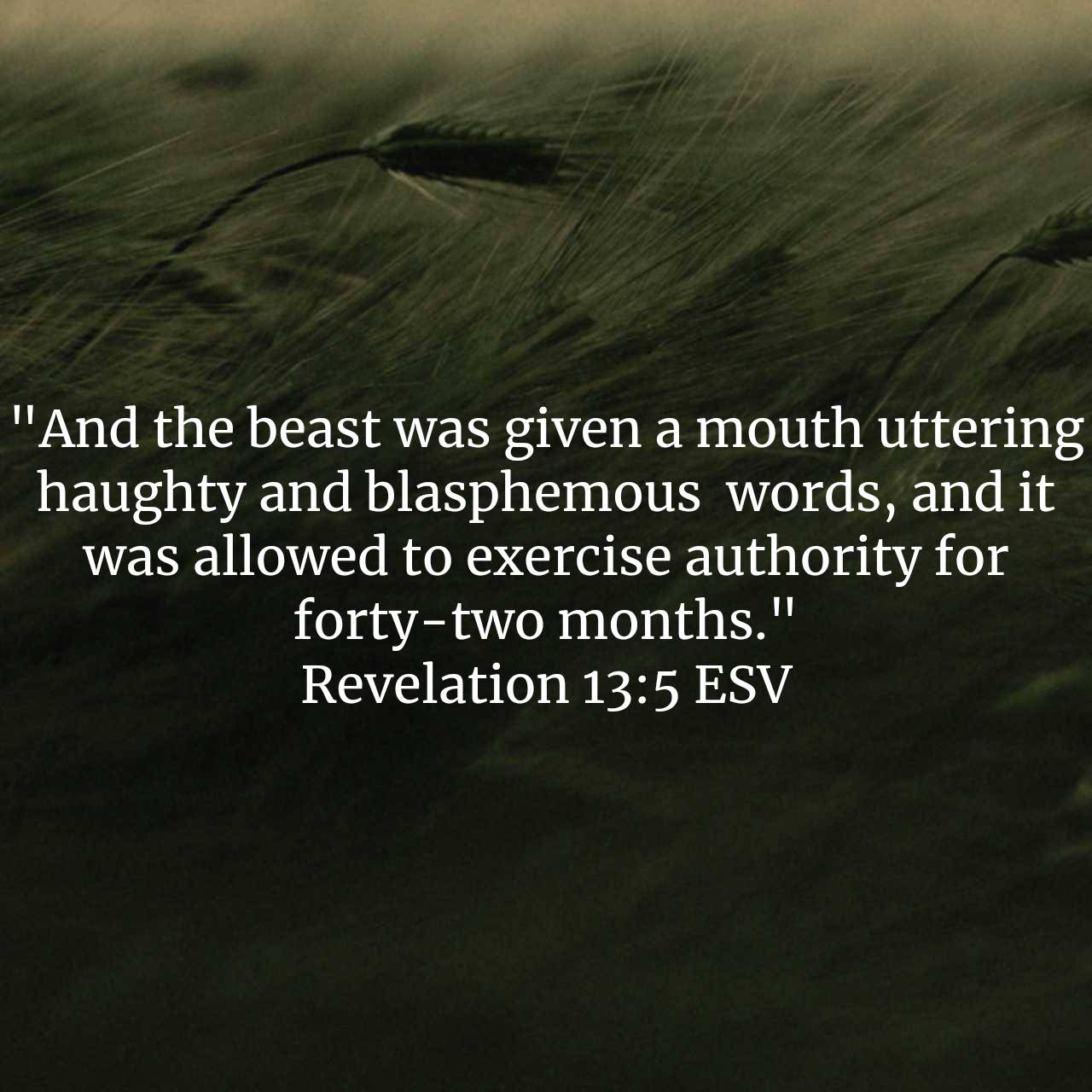Devotional 22 March 2025

The beast in Revelation 13 reflects the power and cruelty of Rome. With elements resembling the empires described in Daniel’s vision (Daniel 7), Rome embodied Babylon’s pride, Persia’s dominance, and Greece’s cultural influence. Its seemingly fatal wound — the chaos following Julius Caesar’s assassination — appeared to threaten its survival. Yet Rome revived under Tiberius, inspiring awe across the known world. So powerful was Rome’s influence that the Jews, during Jesus’ trial, cried out, “We have no king but Caesar” (John 19:15).
But the beast is given three and a half years to rule, that is, limited rule. This number symbolizing incompleteness. It was not seven, the symbol of divine completeness, but a limited rule that would end.
As Rome’s emperors demanded worship — some even claiming divinity — believers faced relentless persecution. Nero, and later Domitian and others sought to crush this new faith. Yet the command to God’s people remained clear: endure. Whether facing imprisonment, violence, or even death, Christians were called to hold fast to their faith.
Today’s “beasts” may not wear crowns or sit on thrones, but they still demand allegiance. Corrupt systems, cultural pressures, or ideologies hostile to God’s truth can challenge our faith. Yet Revelation’s message rings true: the saints must endure. Whether in comfort or hardship, we are to remain steadfast, trusting that God’s kingdom will outlast every earthly power. (Philippians 4:11-13)
Hold firm. No beast, no empire, no threat can overpower the victory secured in Christ.